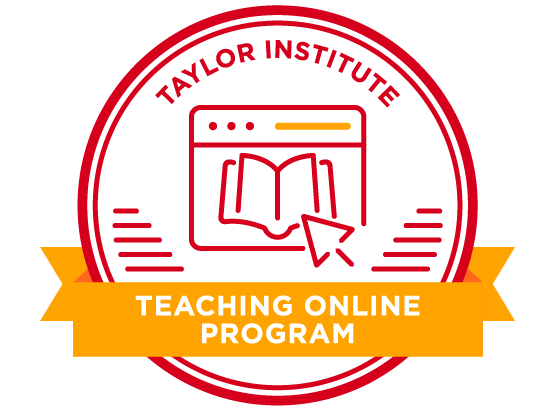
Program overview
The Teaching Online Program (TOP) is an immersive, online professional development program delivered asynchronously through D2L. As a TOP participant, you will have an opportunity to develop a research-informed approach to your online teaching practices, build confidence in navigating asynchronous and synchronous online learning environments, explore best practices for online teaching and learning, and collaborate with your peers to explain and expand your learning.
The program is comprised of one workshop and a final online project over the span of two weeks. The program will be delivered in D2L where you will interact together as a cohort, asynchronously, exploring a variety of strategies and technologies for designing and enhancing online learning while contemplating how online teaching and learning relates to your own context.
Program details
This program is open to academic staff, graduate students, postdoctoral scholars and staff at the University of Calgary.
At the end of the program, you will begin to:
- Demonstrate knowledge, skills, and dispositions informed by research and practices of online learning in higher education.
- Investigate student-centered online learning within the context of their own discipline
- Select existing media and methods to meet specific student learning needs for a course they are developing or teaching
- Plan, design, and carry out projects addressing student learning needs online
- Engage in discussion as a community of learners to explore and construct concepts and relationships by solving unstructured real-world problems
- Develop an awareness of the complexity of online pedagogy and how this might influence your analyses and interpretations of online teaching and learning practice

